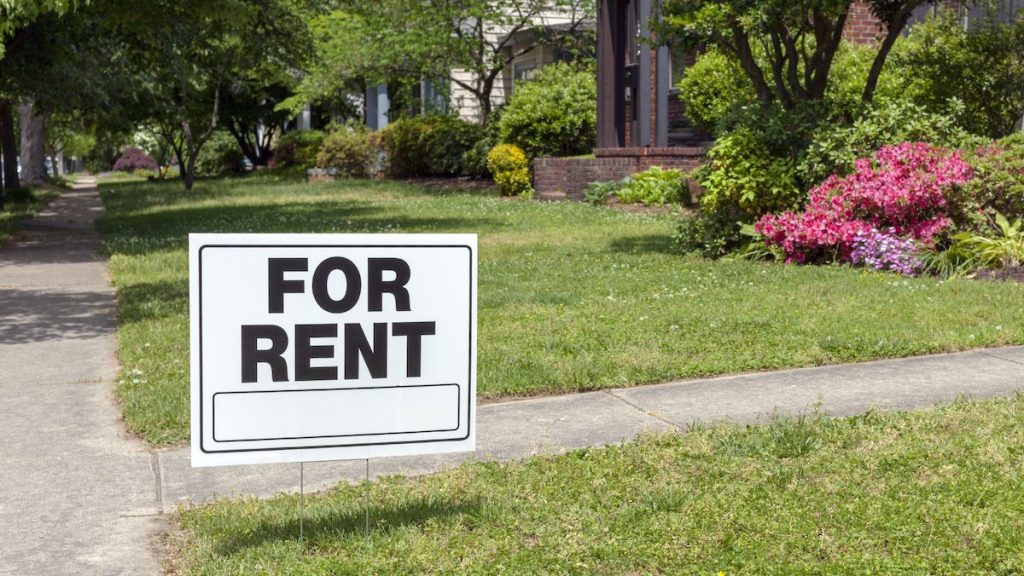The vacancy rate for low-income tax credit-supported affordable housing dropped to 2.5% nationwide in the second quarter of 2021, a decrease of .01% from the first quarter, according to Moody’s Analytics REIS, New York.
Since Moody’s Analytics REIS has tracked it, the sector’s vacancy rate has stayed between 2% and 2.6%, and the firm stated that it does not expect to see deviations from this range in the near future.
During the second quarter 4,500 completed new builds came to market, increasing the affordable housing inventory by 0.4%. While this figure shows that building projects are carrying on despite supply and labor shortages, it is still well below the average number of projects completed in the second quarter since 2016, which sits at just under 9,000 units, according to Moody Analytics REIS.
“Since history has shown us that fourth quarters are usually the strongest quarter for construction, 2021 is still projected to finish with 40,000 completions, which is falls right in line with years past,” David Caputo, an analyst with Moody’s, said. “As for new construction, 2021 completions are projected to finish the year at over 40,000 units.”
In the second quarter, the national average asking rent increased .8% to $986. Moody’s Analytics projects that rents in this sector will increase to $996 by the end of the year, making for a 2.2% increase year-over-year.
How Freddie Mac is addressing affordable housing challenges
As part of Freddie Mac’s mission to provide liquidity, stability, affordability and equality to the housing market, Freddie Mac created its Housing Solutions team in 2020 to reduce barriers to homeownership and provide solutions to some of the nation’s toughest housing challenges.
Presented by: Freddie Mac
Caputo believes this to be a sign that the affordable housing sector is well on its way to fully recovering from the effects of the pandemic.
Last week, the Federal Housing Finance Agency extended multifamily forbearance indefinitely. Forbearance options for landlords with multifamily mortgages backed by Fannie Mae and Freddie Mac were slated to expire on Sept. 30 before they were once again extended.
With the median house price increasing 16.2% from August 2020 to August 2021, according to Redfin, many lower income and potential first time home buyers are being squeezed out of the market. As the rental market becomes more and more competitive, congressional Democrats have begun sponsoring new legislation aimed at helping first-time, first-generation homebuyers. The latest proposal, called the “Low-Income First Time Homebuyer (LIFT) Act,” would help these individuals out by sponsoring low fixed-rate 20-year mortgages through the Department of Housing and Urban Development.





